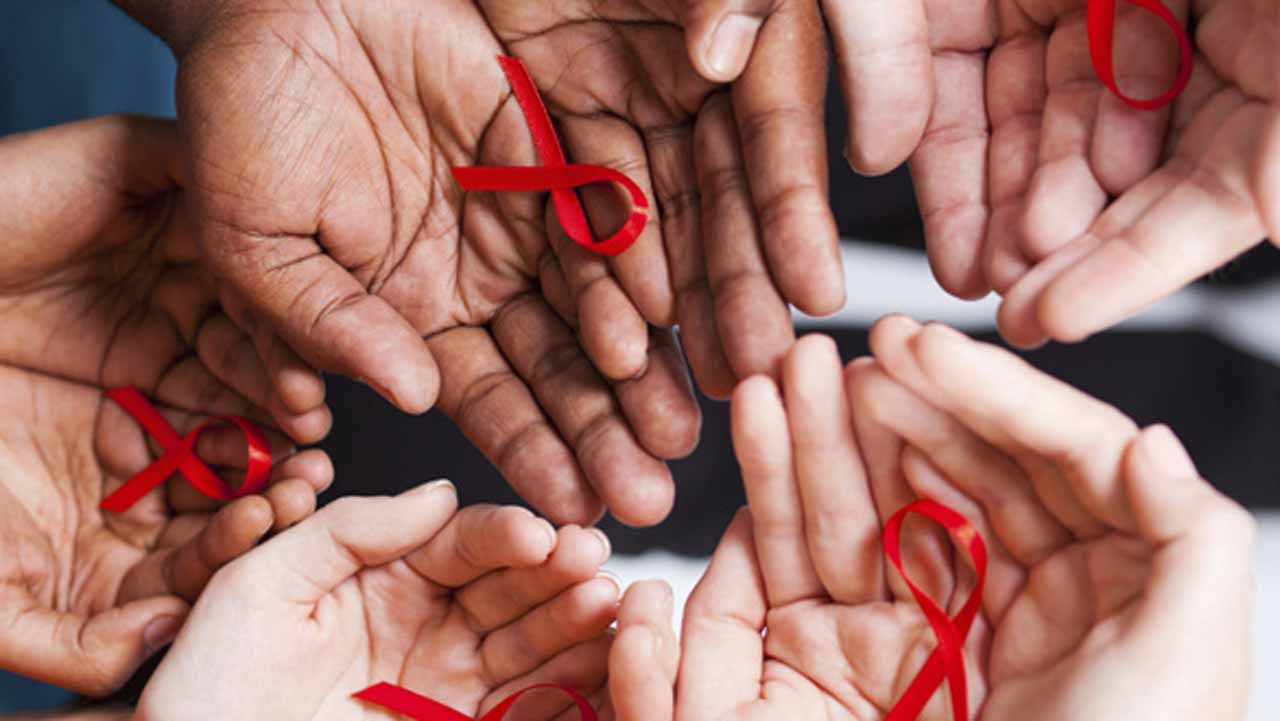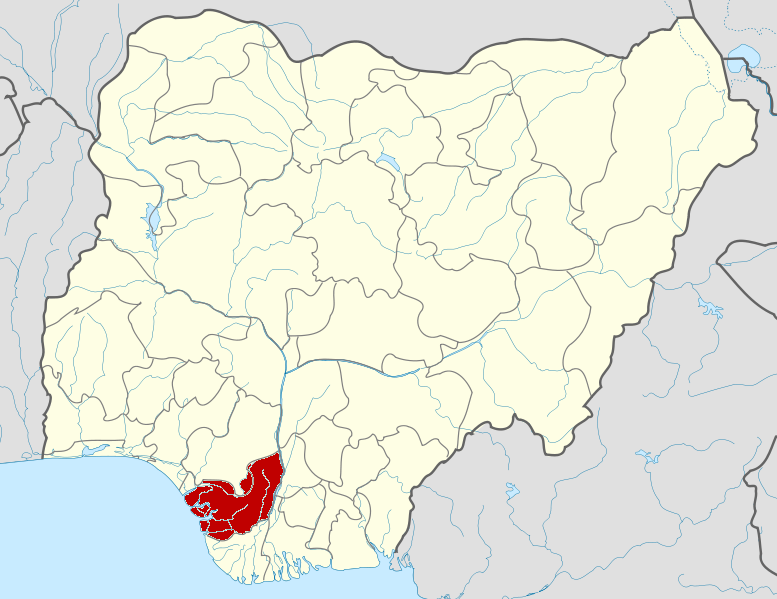The World Health Organisation (WHO) on Friday said the African region has witnessed a significant reduction in the number of new HIV infections and AIDS-related deaths.
The WHO Regional Director for Africa, Matshidiso Moeti, in a message to commemorate the 2024 World AIDS Day (WAD), said the number of new HIV infections is higher outside of sub-Saharan Africa for the first time in 2023.
Ms Moeti said Africa is the leading region globally in advancements towards the achievements of the 95-95-95 UNAIDS HIV testing, treatment, and viral suppression targets, aimed at closing gaps in treatment coverage and outcomes.
She said seven countries have already achieved the targets, with the overall rating for the region currently at 90-82-76.
She highlighted that about 21.3 million people are now on antiretroviral treatment, raising their life expectancy.
World AIDS Day
WAD is commemorated on 1 December every year to honour the people who have fallen to the disease as well as People Living with HIV (PLHIV). It is also a day to raise awareness about the disease and the need for people to know their status.
The global theme of the 2024 WAD is ‘Take the right path: My health, my right!’.
Ms Moeti said this year’s theme is a timely reminder of everyone’s responsibility to safeguard human rights as the world pursue the goal of HIV elimination by 2030.
She said the WAD also provides an opportunity for reflection on the achievements made so far in HIV control and responses.
“African countries have made significant progress, with change in the trajectory of the epidemic over the past decade evidence of the notable successes in HIV control and response,” she said.
“This is despite having the highest HIV burden globally, and comparatively fewer resources to fight the epidemic.”
HIV response
Ms Moeti said the African region is implementing effective biomedical HIV prevention methods.
She said countries are quickly adopting and implementing pre-exposure prophylaxis (PrEP) recommendations, and ensuring increased access to options such as oral and long-acting injectable PrEP, and the dipivefrine vaginal ring.
She, however, said despite increased availability of scientific knowledge and tools for preventing new HIV infections, and effectively treating PLHIV, the value of these innovations depends on their universal accessibility.
“This is an issue that requires further investments and policy reforms going forward,” she said.
ALSO READ: 1.6 million Nigerians with HIV on Treatment – NACA
The regional director said HIV response is complicated by increasing incidence of disease outbreaks in Africa, which negatively impact the region’s already struggling health systems.
She said, “As we accelerate our response to the epidemic, it is important that we remain mindful that strong health systems and integrated, person-centred approaches to health care are essential to optimally meet the multiple needs of our vulnerable populations.”
“Let’s take this opportunity today to acknowledge the progress, but to also renew our joint commitment to eliminating HIV.”
HIV epidemic and Human rights
Ms Moeti said HIV is a complex health challenge, inseparable from social determinants such as poverty, gender inequality and violence, and complicated by stigma and discrimination, especially amongst marginalised populations.
She said protecting human rights is a key component of achieving universal HIV care, and breaking down these life-threatening barriers to access.
“We have a collective obligation to protect human rights, specifically ensuring that health care is available to everyone, without any discrimination, regardless of their HIV status, background, gender or where they live,” she said.
She noted that stigma and discrimination cannot be allowed to undermine the gains and impede progress already made in the fight against HIV/AIDS.
Ms Moeti reiterated that it is possible to eliminate HIV with the combined efforts of governments, partners, health care providers, civil society and communities.
She said communities are key partners in co-creating strategies and jointly implementing interventions to address human rights-related barriers to care.
Support PREMIUM TIMES’ journalism of integrity and credibility
At Premium Times, we firmly believe in the importance of high-quality journalism. Recognizing that not everyone can afford costly news subscriptions, we are dedicated to delivering meticulously researched, fact-checked news that remains freely accessible to all.
Whether you turn to Premium Times for daily updates, in-depth investigations into pressing national issues, or entertaining trending stories, we value your readership.
It’s essential to acknowledge that news production incurs expenses, and we take pride in never placing our stories behind a prohibitive paywall.
Would you consider supporting us with a modest contribution on a monthly basis to help maintain our commitment to free, accessible news?
Make Contribution
TEXT AD: Call Willie – +2348098788999







